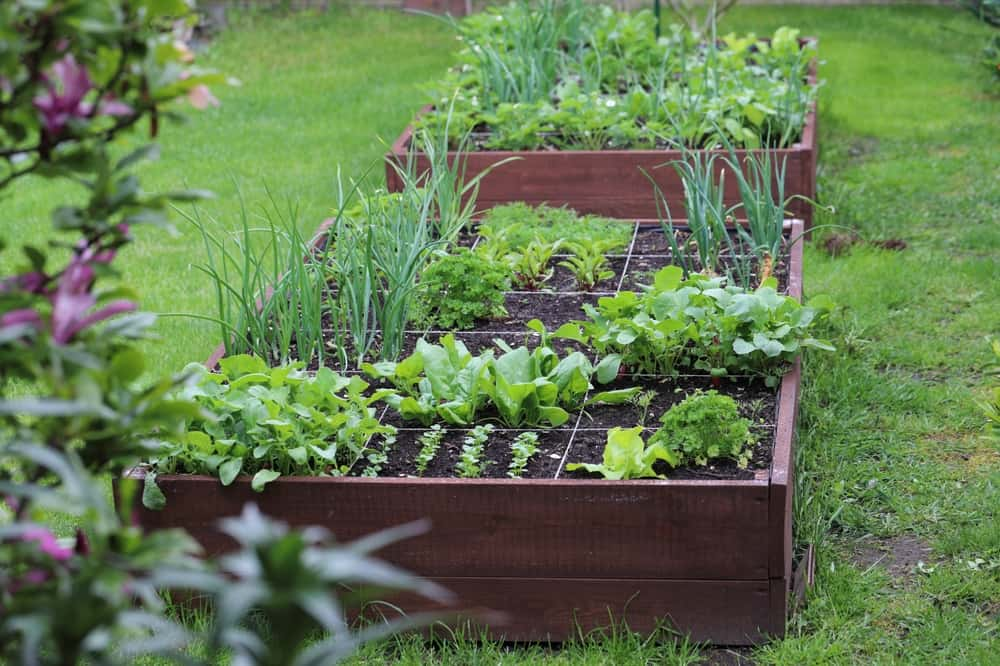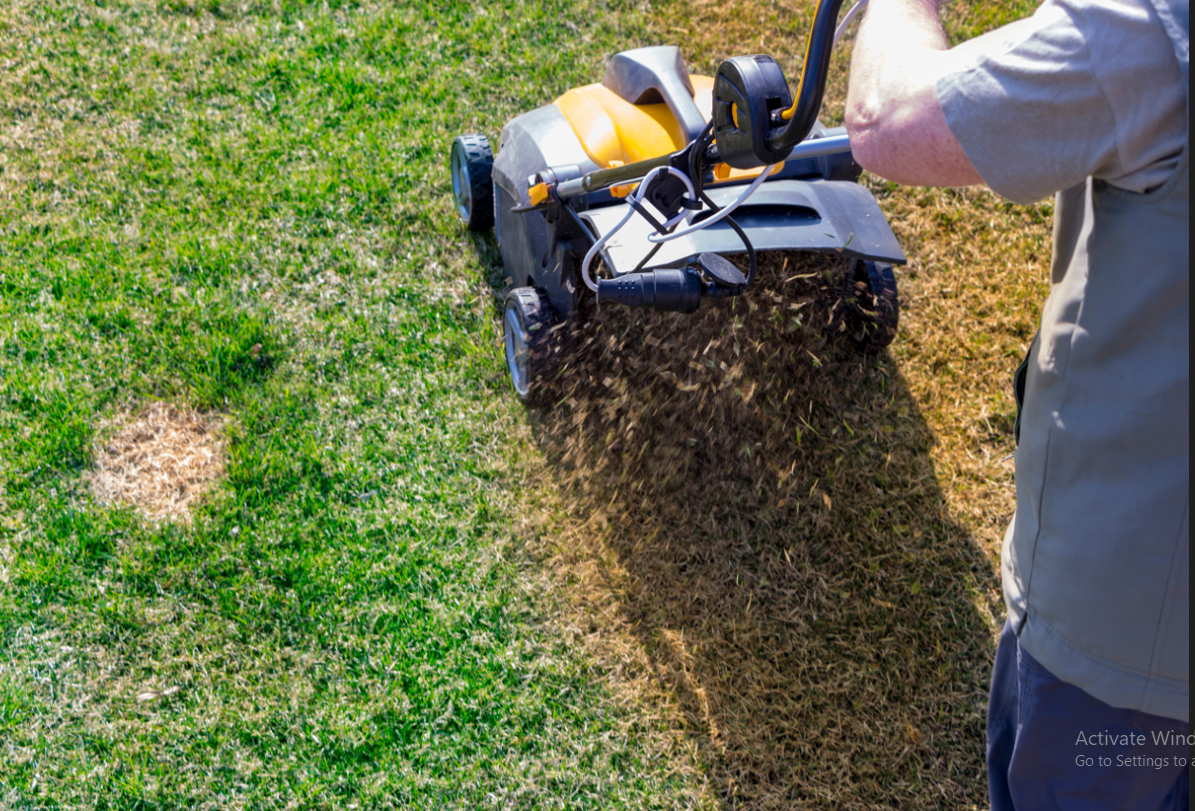Are you a homeowner in Fairfield County looking to transform your yard into an eco-friendly oasis? Sustainable landscaping not only enhances the beauty of your property but also benefits the environment. In this guide, we will explore various eco-friendly landscaping solutions specifically tailored for Fairfield County.

Why Choose Eco-Friendly Landscaping?
Benefits for the Environment
Eco-friendly landscaping reduces water usage, minimizes chemical application, and supports local wildlife. These practices help in conserving natural resources and promoting biodiversity.
Cost Savings
Sustainable landscaping can significantly reduce maintenance costs over time. By using native plants and efficient irrigation systems, homeowners can lower their water bills and decrease the need for expensive fertilizers and pesticides.
Enhancing Property Value
A well-designed, sustainable landscape can boost your property’s curb appeal and increase its market value. Potential buyers are increasingly looking for environmentally responsible homes.
Key Elements of Sustainable Landscaping
Native Plants
Why Native Plants?
Native plants are well-adapted to the local climate and soil conditions. They require less water and maintenance compared to non-native species. Additionally, they provide habitat and food for local wildlife.
Popular Native Plants in Fairfield County, CT
- Eastern Redbud: This tree offers beautiful spring flowers and thrives in our local conditions.
- Switchgrass: A versatile ornamental grass that provides texture and movement to your landscape.
- Black-eyed Susan: A vibrant perennial that attracts pollinators and adds color to your garden.
Efficient Irrigation Systems
Drip Irrigation
Drip irrigation systems deliver water directly to the plant roots, reducing evaporation and runoff. This method ensures that plants receive the right amount of water without waste.
Rainwater Harvesting
Installing rain barrels can help collect and store rainwater for irrigation purposes. This not only conserves water but also reduces your reliance on municipal water sources.

Soil Health
Composting
Incorporating compost into your soil improves its structure, increases nutrient content, and promotes healthy root growth. Composting yard waste and kitchen scraps is an excellent way to recycle organic matter.
Mulching
Applying mulch around plants helps retain soil moisture, suppress weeds, and regulate soil temperature. Organic mulches, such as wood chips and straw, also decompose over time, enriching the soil.
Sustainable Lawn Care Practices
Mowing and Watering
Mowing Tips
Set your mower blades higher to leave grass at a longer length. Taller grass shades the soil, reducing water evaporation and promoting deeper root growth. Also, consider using an electric or manual reel mower to reduce carbon emissions.
Smart Watering
Water your lawn early in the morning or late in the evening to minimize evaporation. Use a rain sensor to avoid watering during rain showers, and consider installing a smart irrigation controller to optimize watering schedules.
Fertilization and Pest Control
Organic Fertilizers
Choose organic fertilizers to nourish your lawn without harmful chemicals. Organic options release nutrients slowly, providing a steady supply of nutrients to the grass.
Integrated Pest Management (IPM)
IPM involves using a combination of biological, cultural, and mechanical practices to control pests. This approach reduces the need for chemical pesticides and promotes a healthier ecosystem.

Designing an Eco-Friendly Landscape
Hardscaping
Permeable Paving
Using permeable materials for walkways and driveways allows rainwater to seep into the ground, reducing runoff and recharging groundwater. Options include permeable concrete, pavers, and gravel.
Recycled Materials
Incorporate recycled materials, such as reclaimed wood and repurposed bricks, into your landscape design. These materials add character to your yard while reducing waste.
Wildlife-Friendly Features
Birdhouses and Feeders
Attract birds to your garden by installing birdhouses and feeders. Birds help control pests and add life and movement to your landscape.
Pollinator Gardens
Create a garden with a variety of flowering plants that bloom at different times of the year. This provides a continuous food source for pollinators like bees and butterflies.

Get Started with Richard Jones Landscaping LLC
Ready to transform your yard into a sustainable paradise? Richard Jones Landscaping LLC specializes in eco-friendly landscaping solutions for Fairfield County. Our experienced team is dedicated to helping you create a beautiful, sustainable landscape that enhances your home and benefits the environment.
Call us today at 203-588-0038 to schedule a consultation and start your journey towards a greener, more beautiful yard.
